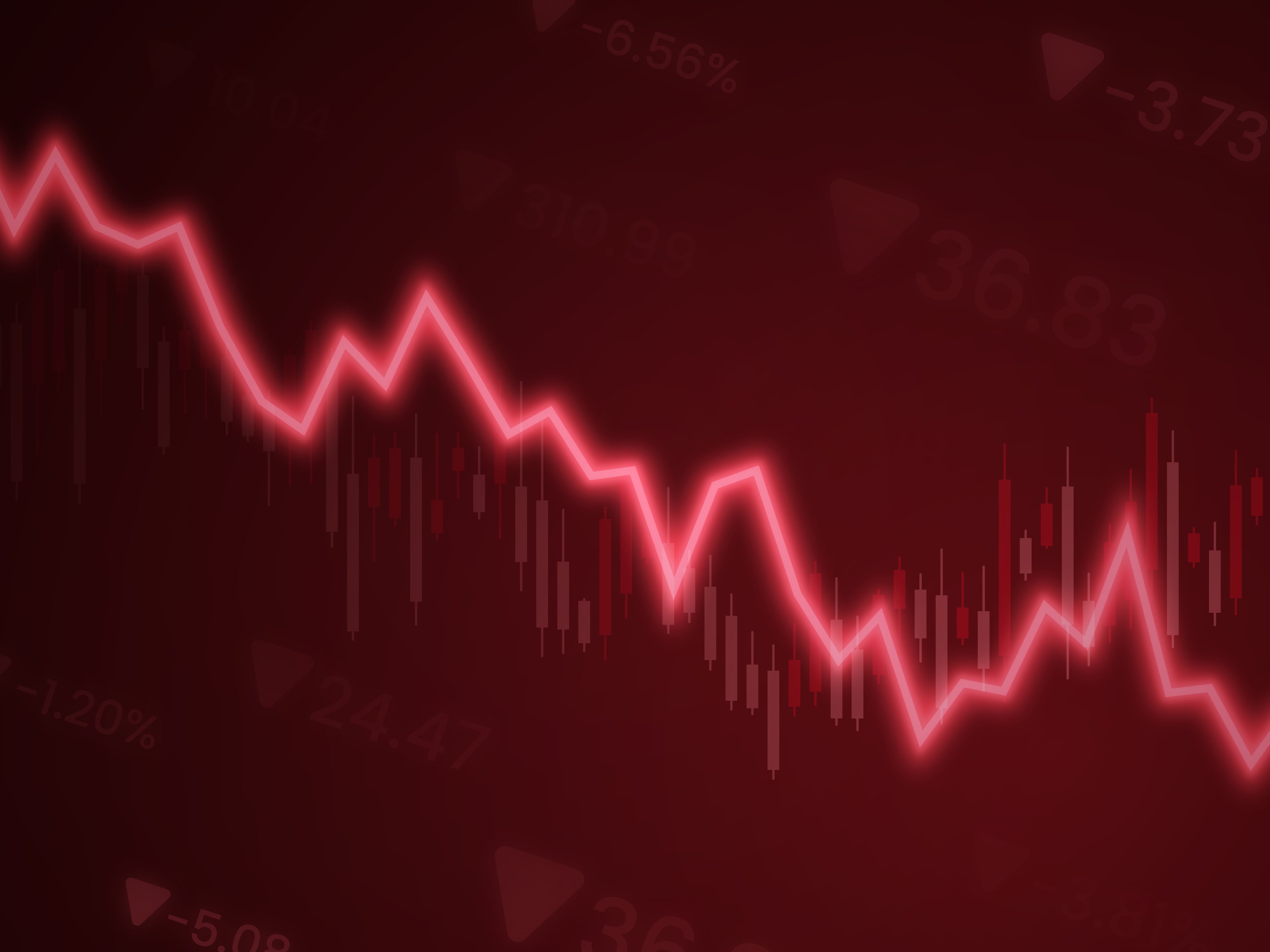Shares of The Trade Desk (TTD 0.71%) took a dive last week, plunging 39% on Friday after the ad tech company reported numbers that were in line with expectations, but showed that revenue growth was decelerating.
The Trade Desk's revenue rose 19% year over year in Q2 to $694 million, which was its slowest growth rate in its history aside from a brief dip when the pandemic started. For the third quarter, the company indicated revenue growth would slow further, forecasting at least $717 million in revenue or growth of at least 14%. In an environment where digital advertising spend has been strong, that forecast sparked several downgrades from Wall Street analysts.
However, there was another item in the earnings report that likely compounded the Friday sell-off. The Trade Desk said that Laura Schenkein was stepping down as CFO to be replaced by Alex Kayyal, who is joining the company after serving as a board member for several years. Kayyal was previously an executive at Salesforce and was a co-founder of Hermes Growth Partners, a venture capital firm that was one of The Trade Desk's earliest investors.

Image source: Getty Images.
The CFO transition
Laura Schenkein, who will reportedly be stepping down on Aug. 21, was with the company for nearly 12 years, serving in a variety of finance leadership positions before becoming CFO in June 2023. Schenkein, who is in her early 40s, is not close to retirement age. And the news release didn't make clear why she is leaving the company. The only hint she gave in her remarks on the earnings call is that she is transitioning to a "new challenge."
Based on that language, she has likely taken a new role at a different company, but that has not yet been announced. Investors may learn where she is headed once Kayyal replaces her on Aug. 21. Schenkein will stay on as a non-executive officer through the end of the year and will work with Kayyal to seamlessly transition responsibilities.
Is it a red flag for The Trade Desk?
Some investors believe that a CFO departure can be a red flag. After all, the CFO has a better sense of the numbers than anybody else at the company, and could choose to jump ship if the business is heading in the wrong direction, or worse, if there are problems with its financial reporting.
There's no immediate indication that anything unscrupulous is taking place with The Trade Desk. While the slowing growth in the business may have contributed to Schenkein's decision to leave the company, this seems like more of a normal executive transition than any reason to be concerned. Despite their reputation as potential warning signs, most CFO transitions are a normal function of business, and they are as common as other executive transitions.
That Schenkein is staying to assist The Trade Desk in the transitional period shows that she isn't being pushed out and that she's leaving on good terms.

NASDAQ: TTD
Key Data Points
What it means for The Trade Desk
This is the second out of the last three earnings reports that has sent The Trade Desk stock plunging. In February, the last time it happened, CEO Jeff Green acknowledged that the company missed its own guidance for the first time as a publicly traded company due to internal errors.
This time around, Green seemed to push back on any assertion from analysts that the company was losing ground to "walled gardens" like Alphabet, Meta Platforms, and Amazon, insisting that the open internet performs better than walled gardens like those above.
Investors seem skeptical of that, however, as several analysts downgraded the stock on the report.
For now, it remains to be seen if The Trade Desk can reaccelerate its revenue growth, but the skepticism seems warranted, given the company's valuation.
Still, the CFO transition isn't the red flag that some investors are making it out to be. Investors should keep their eyes on the underlying business growth as the leading ad tech stock tries to make a recovery.





